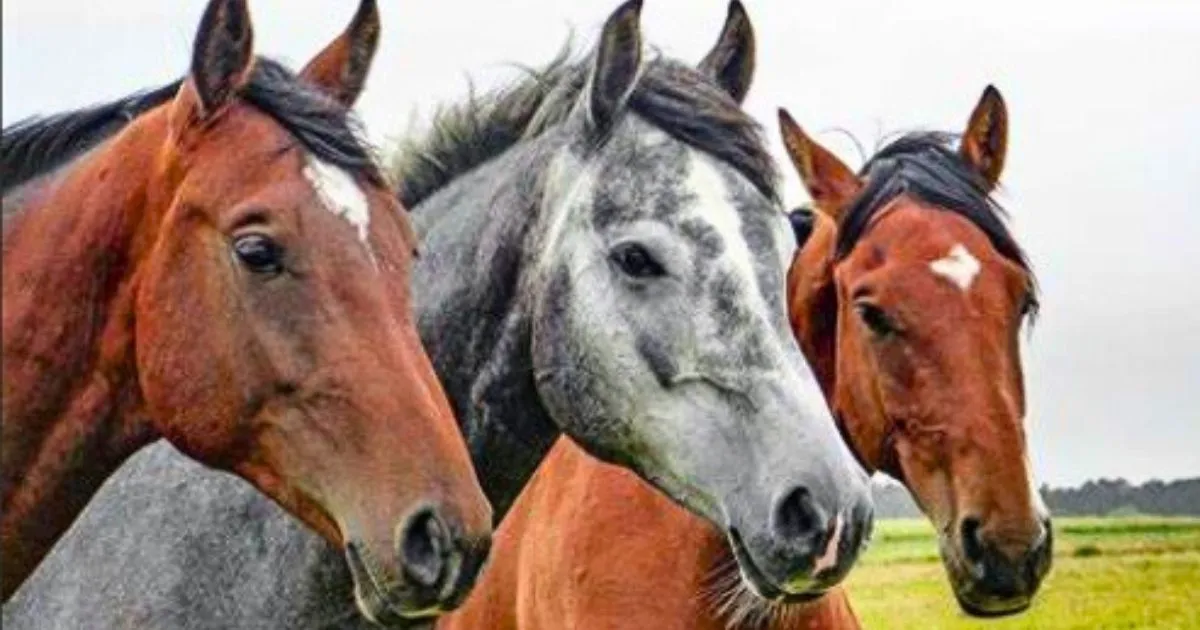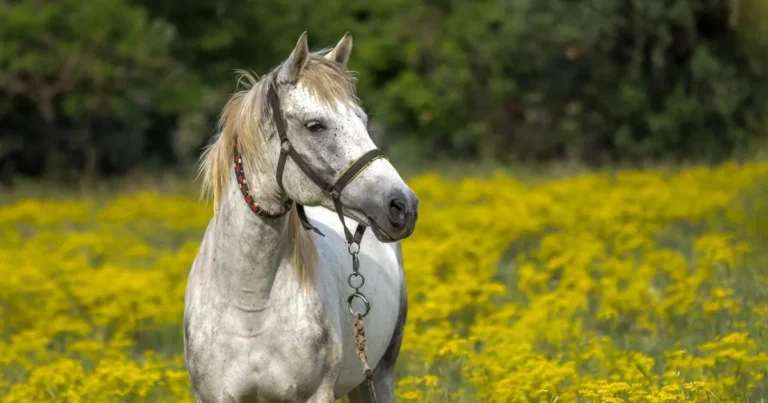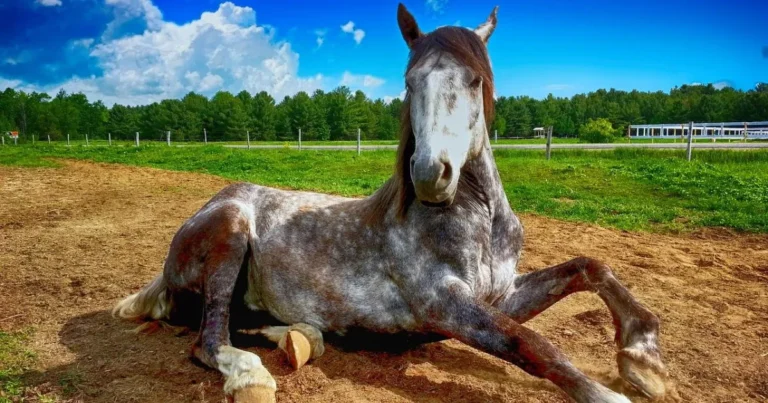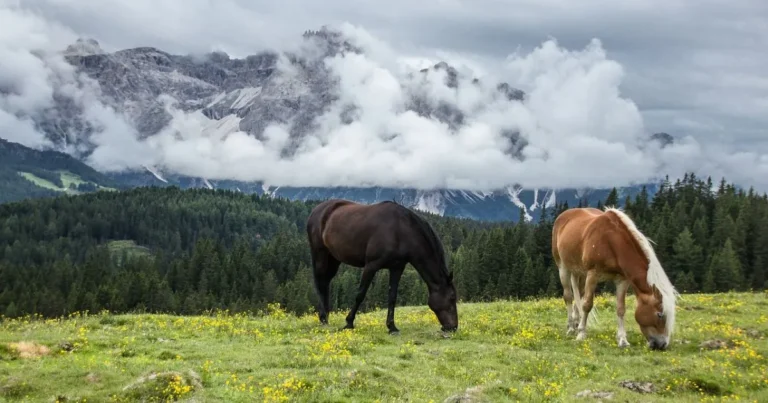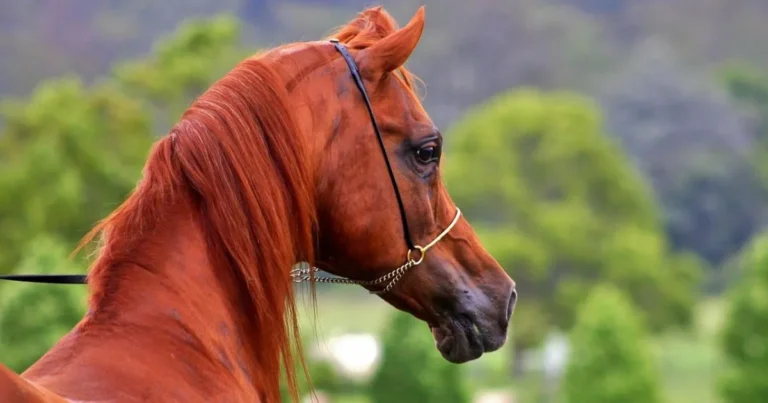How Long Do Horses Live? Lifespan Facts Every Horse Owner Should Know
Table of Contents
How Long Do Horses Live?
Watching my grandfather brush his aging Quarter Horse was a moment of realization. Horses are more than animals; they’re our companions. Growing up on a ranch, I learned that knowing a horse’s lifespan is about more than numbers. It’s about the bond we share with these incredible creatures.
Domestic horses usually live between 25 to 30 years. Thanks to better veterinary care and nutrition, we get to spend more time with our horses. This is a big change for horse owners.
Your horse’s health is influenced by many things, like genetics and daily care. Knowing these factors can help your horse live a longer, healthier life. It’s all about giving them the best care possible.
Key Takeaways
- Average domestic horse lifespan ranges from 25-30 years
- Proper nutrition significantly impacts horse longevity
- Regular veterinary check-ups are crucial for health monitoring
- Different horse breeds have varying life expectancies
- Genetics play a substantial role in determining horse lifespan
Understanding Horse Lifespan Basics
Horses are amazing friends with life spans that change based on many things. Knowing how to convert horse years to human years helps owners understand their horse’s aging and health needs.
Horses in the wild and those living with humans have very different lives. Wild horses, like mustangs, live shorter lives because of tough survival conditions. But, domesticated horses get regular care and medical help, which helps them live longer.
Domestic vs Wild Horse Lifespans
Domestic horses usually live longer, from 25 to 30 years. Arabian horses can live even longer, up to 35 years or more, with great care.
- Wild horses: 15-20 years average lifespan
- Domestic horses: 25-30 years average lifespan
- Well-cared Arabian horses: Up to 35 years
Critical Factors Influencing Horse Longevity
Several important things affect a horse’s life span:
- Nutritional quality
- Regular veterinary care
- Exercise and mental stimulation
- Genetic predispositions
Genetic Variations in Horse Breeds
Different horse breeds have unique life spans. Smaller breeds and ponies often live longer than big draft horses. The lifespan of Arabian horses shows how breeding and genetics can greatly affect a horse’s life.
“Understanding your horse’s unique genetic background is crucial for providing optimal lifetime care.” – Equine Health Specialists
How Long Do Horses Live in Different Environments
Your horse’s environment is key to its lifespan. Domesticated horses live longer than wild ones. This is because they get better care and live in safer places.
Domesticated horses get many benefits that help them live longer:
- Regular vet visits
- Good food
- Safe from predators
- Stable homes
Wild horses face tough challenges that shorten their lives. They deal with harsh terrain, limited food, and extreme weather. Wild horses usually live 15-20 years, while domestic ones can live up to 25-30 years with the right care.
The climate and where a horse lives also matter. Horses in mild climates with plenty of food live longer. Your horse needs:
- A safe place to stay
- Clean water
- Good places to eat
- Protection from too much heat or cold
Having a professional stable can really help a horse live longer. Modern stables offer great food, health checks, and special care. This can add years to a horse’s life.
Life Stages of a Horse: From Birth to Senior Years
Learning about a horse’s life means looking at the different stages they go through. Each stage has its own challenges and chances for care. Horses change a lot as they grow up.
Birth to Weaning: The Fragile Beginning
A horse starts life as a weak foal, needing its mom a lot. In the first few months, they grow fast and bond deeply. Weaning happens between 4-6 months, a big change for young horses.
- Foals gain about 2-3 pounds every day
- Nursing gives them key nutrients for growing
- They start to get to know their herd mates early on
Youth Development: Growing Strong
As they grow up, horses get stronger and learn important social skills. This time, from 6 months to 3 years, is when they build muscle and learn to follow commands. They also start to show who they are.
Adult Prime Years: Peak Performance
From 3 to 15 years old, horses are at their best. They can do many things, like racing or just riding for fun. Good food and regular training help them stay healthy and strong.
Senior Horse Stage: Graceful Aging
After 15, horses are seniors and need special care. They might not be as active, but they can still enjoy life with the right care. It’s very important to see the vet often during these years.
Every stage of a horse’s life is special, needing the right care and understanding from their owners.
Size and Breed Impact on Horse Longevity
Breed and size are key when looking at a horse’s lifespan. Different breeds have varying lifespans. Smaller horses often live longer than bigger ones.
Ponies and smaller breeds tend to live longer. The Arabian horse is a great example. They can live up to 25-30 years, with some living even longer.
- Small horse breeds tend to live longer
- Ponies can frequently reach 40+ years
- Genetic factors significantly influence horse lifespan
Genetics are very important for a horse’s lifespan. Some breeds are better at handling challenges, which helps them live longer.
| Horse Breed | Average Lifespan | Longevity Factors |
|---|---|---|
| Arabian | 25-30 years | Strong genetic heritage |
| Shetland Pony | 30-40 years | Small size, robust constitution |
| Thoroughbred | 20-25 years | Athletic breed, more variable lifespan |
Knowing about breed-specific traits helps when choosing a horse. Breed matters, but how you care for your horse is even more important for its lifespan.
Essential Health Care for Maximum Lifespan
To make horses live longer, you need a full health care plan. Keeping your horse healthy means regular check-ups and watching for signs of illness. Knowing how horse years compare to human years shows how important it is to prevent health problems.
There are several important steps to keep your horse healthy. These steps can greatly improve their life span and quality of life.
Regular Veterinary Examinations
Getting your horse checked by a vet every year is key. During these visits, vets do:
- Comprehensive physical assessments
- Update essential vaccinations
- Perform parasite screenings
- Check vital signs and overall body condition
Comprehensive Dental Management
Dental care is crucial for your horse’s health and eating well. Horses need special dental checks every 6-12 months. Good dental care means:
- Efficient food consumption
- Prevention of painful dental issues
- Improved digestion and nutrient absorption
Precision Hoof Care
Keeping your horse’s hooves in good shape is vital for their comfort and movement. Farrier services every 4-8 weeks help avoid lameness and other issues that could shorten their life.
By following these key health care steps, you can help your horse live a long and healthy life. This ensures they stay well through all their life stages.
Nutrition’s Role in Horse Life Expectancy
Understanding nutrition is key to making your horse live longer. The right food can add years to their life. It’s all about the diet.
Horses are meant to graze all day. They have special stomachs for it. To keep them healthy, they need food that’s similar to what they eat in the wild.
- Forage should make up 50-100% of their diet
- They always need fresh water
- Food should match their age and how active they are
As horses get older, they need different food. Senior horses need special diets for their joints and muscles. Good food can help them stay healthy longer.
Important things to think about include:
- Good hay or grass
- Supplements for minerals and vitamins
- The right amount of protein
- How to keep them at a healthy weight
Seeing an equine nutritionist often is a good idea. They can help make a diet plan that’s just right for your horse. This can help them live a long and happy life.
Common Health Issues Affecting Horse Lifespan
Knowing about health problems that affect horse lifespan is key for horse owners. Horses, like humans, face health issues as they age. These issues can greatly impact how long they live.
Keeping your horse healthy means being proactive and catching health problems early. Since horses age faster than humans, it’s vital to prevent health issues.
Understanding Colic Risks
Colic is a big health risk for horses, causing many deaths. Factors that increase your horse’s risk include:
- Improper diet and feeding schedules
- Limited water intake
- Sudden dietary changes
- Stress and environmental disruptions
Managing Chronic Conditions
As horses get older, they face more chronic health issues. These can shorten their lifespan. Important conditions to watch for are:
- Arthritis: Joint inflammation affecting mobility
- Metabolic disorders
- Dental deterioration
- Respiratory complications
Preventing Age-Related Problems
Good healthcare can help your horse live longer. Regular vet visits, balanced diet, and exercise are key. They help prevent health problems as your horse ages.
Early intervention and consistent care are the most effective ways to support your horse’s longevity and quality of life.
Exercise and Activity Requirements for Longevity
Knowing how exercise affects a horse’s life is key to keeping them healthy. Just like humans, horses need the right kind of exercise. This helps them live longer and healthier lives.
At different ages, horses need different kinds of exercise. Young horses need intense activities to build strength and fitness. As they get older, the type and intensity of exercise must change to match their abilities.
- Young horses (1-5 years): High-energy training and varied activities
- Adult horses (6-15 years): Consistent, moderate exercise routines
- Senior horses (16+ years): Light, gentle activities to maintain muscle tone
Older horses need special care. Light exercise is key to prevent muscle loss and keep joints healthy. Vets suggest walking, light trotting, and gentle stretching for senior horses.
Your horse’s exercise plan should be tailored to their needs. Consider their age, health, past injuries, and breed.
- Age and physical condition
- Overall health status
- Previous injury history
- Breed-specific characteristics
Regular, moderate exercise is crucial for a long life. A consistent, age-appropriate routine helps your horse stay healthy. It also lowers the risk of age-related problems and may extend their life.
Record-Breaking Horse Ages and Notable Cases
Exploring horse lifespans reveals some amazing stories. These stories show how some horses can live much longer than others. They highlight the incredible potential for longevity in certain equines.
Old Billy, a draft horse from the UK, holds the record for the longest-lived horse. He lived an incredible 62 years. This record is far beyond the average horse lifespan and amazes animal lovers everywhere.
- Old Billy: Lived from 1760 to 1822
- Confirmed longest-lived horse in recorded history
- Worked as a barge horse throughout his remarkable life
Arabian horses are known for their long lives. Some Arabian horses have been known to live into their late 20s and early 30s. This is much longer than many other breeds. Their genetics and careful breeding help them live longer.
While Old Billy is an amazing exception, several factors help horses live long:
- Exceptional genetic quality
- Consistent high-quality veterinary care
- Proper nutrition
- Minimal physical stress
- Good living conditions
These record-breaking cases show that with the right care, horses can live much longer. Your dedication to their health can greatly impact their lifespan.
Conclusion
Learning about how long horses live shows us the importance of care and genetics. Knowing about horse lifespan can greatly affect their health and life span. Domestic horses usually live between 25 to 30 years with the right care.
Thinking about owning a horse means you’re ready for a big commitment. The horse’s life span depends on many things like breed, environment, diet, and health care. Smaller breeds often live longer, while big ones and performance horses might not.
Good health care, balanced food, and regular exercise are key to a long life for your horse. Regular vet visits, dental care, and managing health issues are important. Each horse is different, so tailored care can greatly improve their life.
Being a horse owner means you’re in for the long haul. Your commitment to quality care will decide how long and happy your horse’s life is. With the right approach, you can help your horse live a healthy and joyful life.

